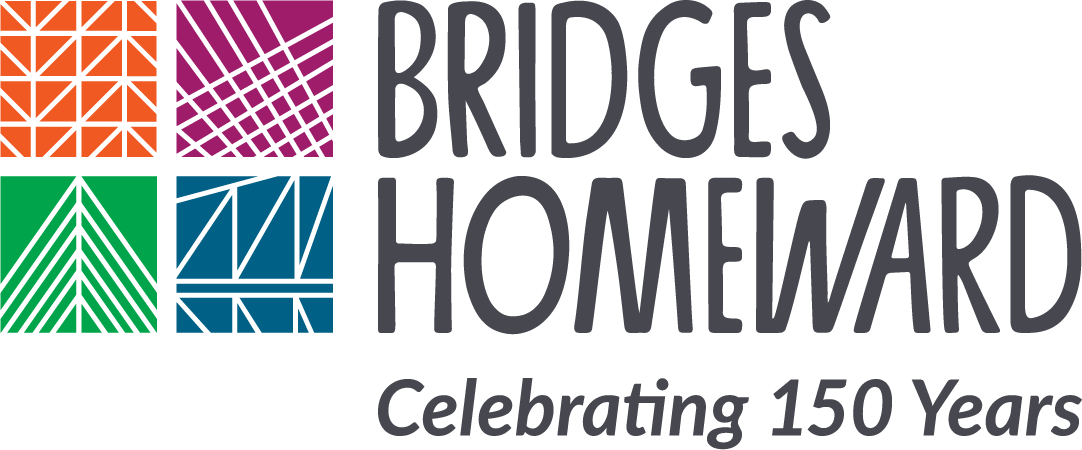Our Impact Supporting and Stabilizing Families in Greater Boston
Our Family Support & Stabilization (FSS) program operates six distinct services. Two of those services work directly with youth and young adults in foster care. This month, we want to discuss the work that comprises the program’s other area of focus: supporting and helping to stabilize families.
FSS serves the family unit as it exists around children. Our services are all about helping families stabilize so the children can flourish. So that’s not just restricted to parents: we work with grandparents, aunts and uncles, guardians. Whoever that supportive adult is for the children.
The more support you have around you, the better you can weather stress and chaos in your life. Often the parents and caregivers we serve are doing a lot on their own – whether they’re solo parenting, or both parents work full time and have to manage five kids. So how does FSS help? Maybe we can find an after school program for the kids. Maybe we can help parents build a budget they can stick to, to reduce financial stress. Maybe we can help a caregiver work with their child’s school to set up an Individualized Education Program. We’re building bridges to help families find longer-term success.
In 2023, Family Support & Stabilization served 184 families. Most of those families lived in Boston, Dorchester, Chelsea, and Revere. The primary languages our families speak include English, Spanish, Portuguese, and Haitian Creole. We are proud to serve such a diverse range of families in the Greater Boston area. We go the extra mile to bridge communication gaps and strengthen the connection between our Family Support Specialists and the families they serve.
FSS began in 2014 with just two people on the team: then-Program Director Courtney Gomez and her first hire, Thara Young. Today, Thara is the Director of FSS, and Courtney is our agency’s Chief Program Officer. In ten years, the program has grown from just two staff to a 25-person team. So what’s the secret of their success?
Some details from this video, produced in 2019, are now a bit out of date (Courtney is no longer FSS’s Program Director), but the work we did with Emmie and her family is timeless.
“We try to hire staff from all walks of life,” Thara says. “Staff just out of college who are younger, staff who are older and have a lot of lived experience, staff from different countries, staff who are trilingual or who speak four languages. We’ve always made sure that we hired staff who are bilingual, from the beginning. That is historic for FSS. Having bilingual staff has always been our priority for two reasons: first, we want to make sure our staff reflects the populations we serve. Second, having bilingual staff enables us to better advocate for our families. We work with many families who do not speak English or have immigrated to the US and don’t understand our systems and customs.”
“We are fully aware that we aren’t here to save the families we work with,” Thara continues. “We aren’t here to get them from point A to point Z. But we’re here to plant seeds with our families. Once we’re out of the picture those seeds are hopefully able to grow, and the families are able to be stable, navigate systems, parent their child in a better way, and tap into the skills they’ve built by working with us. “
What does it mean to plant a seed for a family? “A lot of times families come to us feeling very overwhelmed and unsupported,” says Thara. “Their situation can feel like a huge chaotic mess, so we start by trying to meet them where they’re at. We usually start small. We ask, if you had to work on just one thing right now in this moment, what would it be? Breaking down the bigger picture for them into smaller pieces seems to be very beneficial. For many families, looking at the bigger picture can be daunting.”
The long-term effects of helping families to stabilize can be lifesaving. “Families often do not have access to resources, such as food, medical care, or even social or therapeutic supports,” Thara says. There are often barriers to individuals of the black and brown community, resulting in an inability to access what they need to thrive. This is where our advocacy comes into play.”
If you look up the word “stabilize,” you’ll see that part of its definition is to keep something steadfast or secure. In our Family Support & Stabilization Program, we’re helping families create stability and feel empowered to use their voice to advocate for their needs. Everyone needs someone, and people need community. The quote, “It takes a village to raise a child,” embodies a fundamental principle for FSS. Family is about community and support, whatever that may look like for an individual person. When you have a team of supportive people in your life, you’re able to be more successful than you would on your own. The Family Support & Stabilization program is integral at Bridges Homeward and we are so lucky to have such passionate staff on our team that prioritizes stabilizing families.



